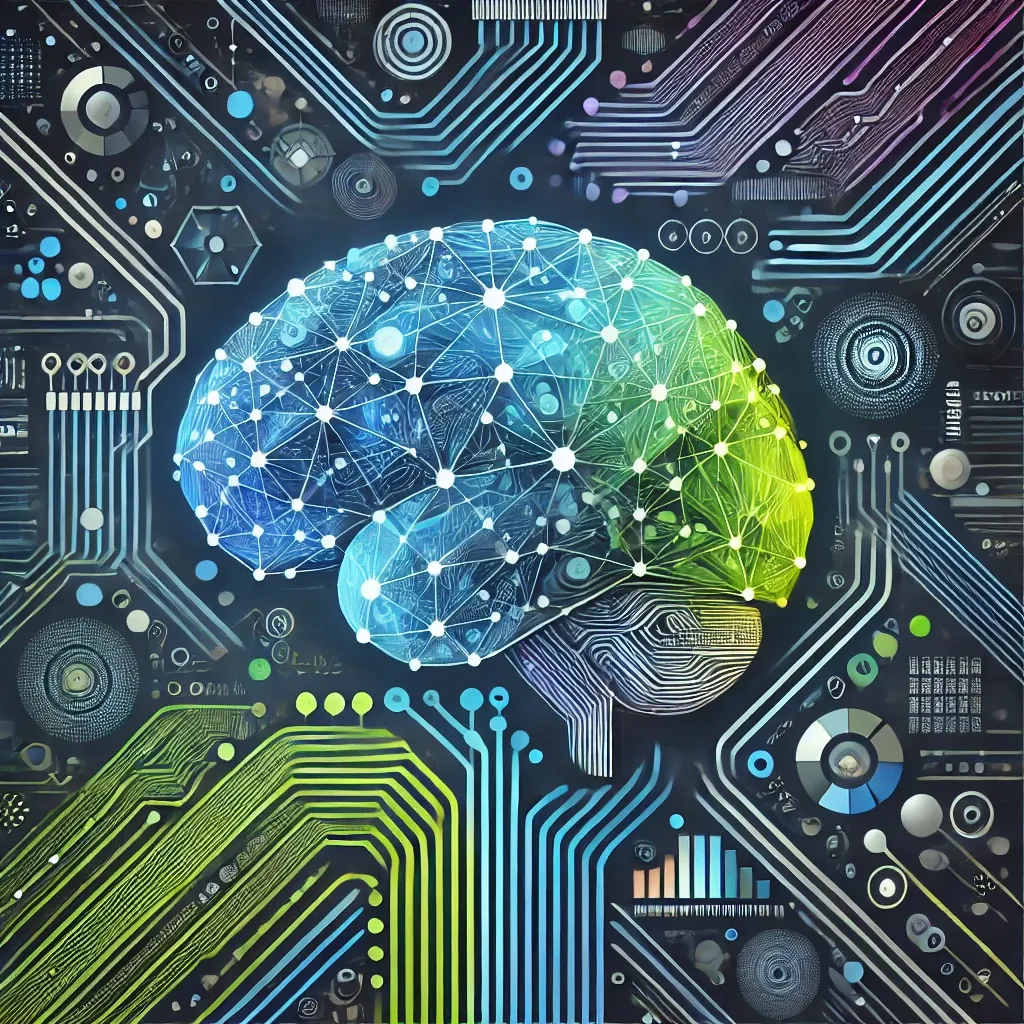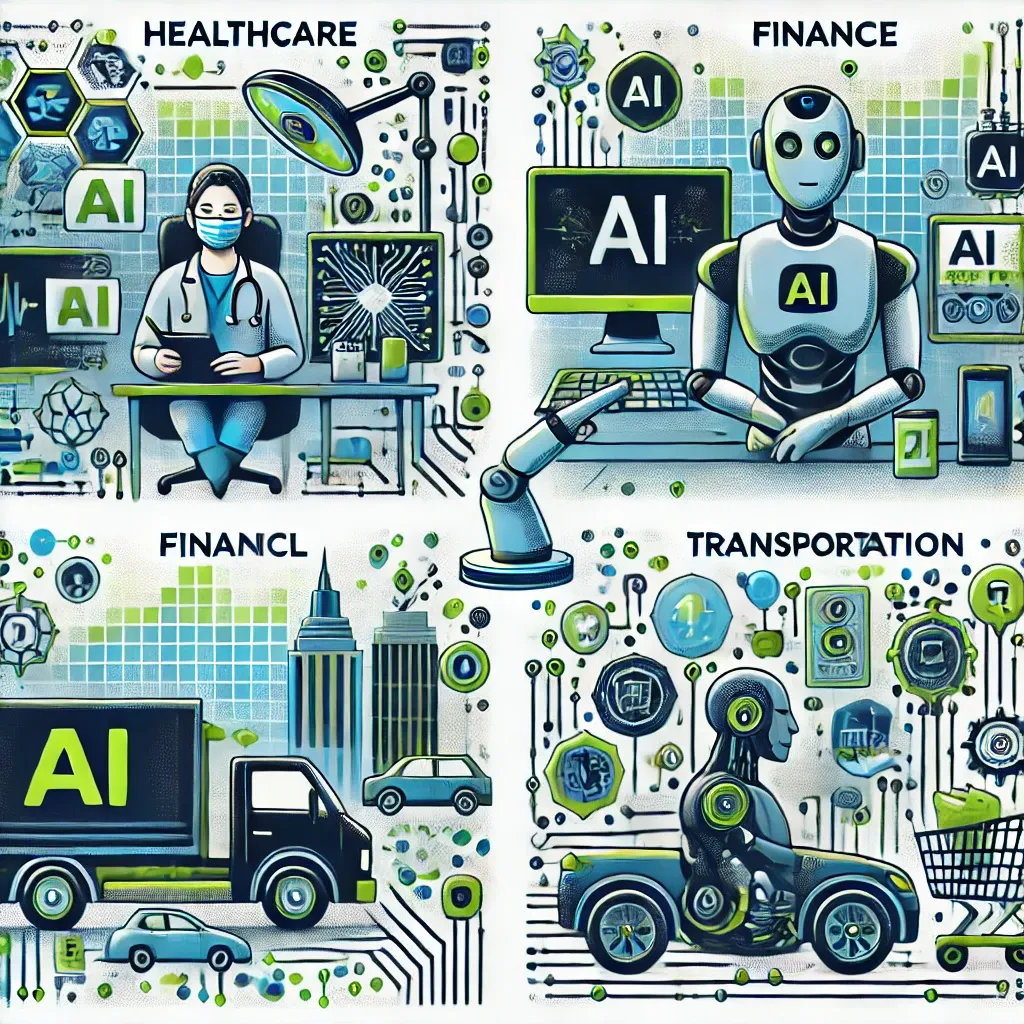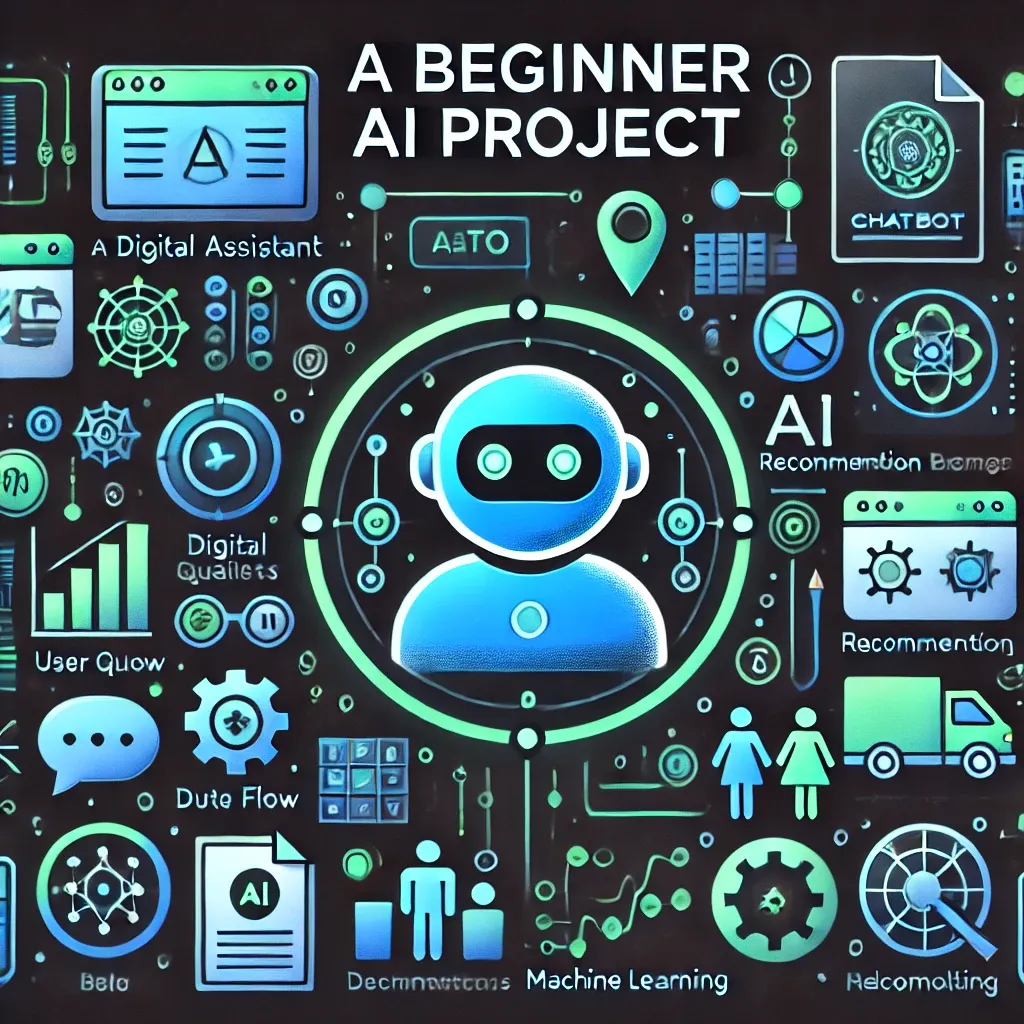Introduction
Artificial Intelligence (AI) is rapidly becoming a part of our everyday lives, revolutionizing industries, enhancing daily tasks, and pushing the boundaries of technology. But what exactly is AI, and how can you start learning about it? This beginner's guide will introduce you to the world of AI, explain its basic concepts, and help you take the first steps in understanding this transformative technology.

What is Artificial Intelligence?
AI is a branch of computer science focused on creating systems capable of performing tasks that typically require human intelligence. These tasks include recognizing speech, understanding natural language, making decisions, and solving problems. AI encompasses various subfields, such as machine learning, natural language processing, and robotics.
Key Concepts in AI
- Machine Learning (ML): A subset of AI that involves training algorithms on data to learn patterns and make predictions or decisions. Common applications include recommendation systems, fraud detection, and predictive analytics.
- Natural Language Processing (NLP): This field of AI enables machines to understand, interpret, and generate human language. NLP powers virtual assistants, chatbots, and translation services.
- Computer Vision: A branch of AI that enables machines to interpret and understand visual information from the world, such as images and videos. It’s widely used in facial recognition, autonomous vehicles, and medical imaging.
- Deep Learning: A subset of machine learning that uses neural networks with many layers (deep networks) to model complex patterns in data. It has applications in image and speech recognition, natural language processing, and more.
Why is AI Important?
AI is transforming the way we live and work by automating tasks, improving efficiency, and enabling new capabilities. Here are some reasons why AI is crucial:
- Enhancing Productivity: AI can automate repetitive tasks, freeing up time for more strategic activities.
- Improving Decision-Making: AI algorithms can analyze large amounts of data quickly, providing insights that help businesses make informed decisions.
- Revolutionizing Industries: From healthcare and finance to retail and transportation, AI is driving innovation across multiple sectors.

How to Get Started with AI
If you’re new to AI, here are some steps to help you begin your learning journey:
Step 1: Understand the Basics
Start by familiarizing yourself with the foundational concepts of AI, such as machine learning, neural networks, and natural language processing. Online courses and tutorials can provide a solid introduction.
Step 2: Learn a Programming Language
Python is the most popular programming language for AI due to its simplicity and vast ecosystem of libraries. Start learning Python and explore libraries like TensorFlow, Keras, and Scikit-Learn.
Step 3: Explore Machine Learning
Machine learning is a key area of AI that you should explore early on. Begin with supervised learning algorithms like linear regression and classification. Practice using datasets from platforms like Kaggle or the UCI Machine Learning Repository.
Step 4: Start Building Simple AI Projects
Practice is crucial for mastering AI. Start with simple projects such as building a basic chatbot or a recommendation engine. Experimenting with projects will help you understand how AI works in real-life applications.

Step 5: Join AI Communities
Join online communities, forums, and social media groups where AI enthusiasts share resources, tips, and projects. This will help you stay updated on the latest trends and developments in AI.
Common Misconceptions About AI
AI is often misunderstood. Here are a few common misconceptions:
- AI Will Replace All Jobs: While AI may automate some tasks, it is more likely to augment human abilities rather than replace jobs entirely. New jobs in AI development, ethics, and maintenance are also emerging.
- AI Can Think Like Humans: Current AI systems can process data and make decisions based on patterns, but they do not possess consciousness or emotions.
- AI is Only for Tech Experts: AI is becoming more accessible. Many tools and platforms are designed to be user-friendly, even for those with minimal technical knowledge.
Conclusion
Artificial Intelligence is a rapidly evolving field with limitless potential. By understanding its basic concepts, learning a programming language, and exploring machine learning, you can begin your journey in AI. Remember, continuous learning and practice are key to mastering AI!
Interactive Quiz: Test Your Knowledge on AI Basics
Question 1: What is the main focus of AI?
- A) To build robots
- B) To create systems that mimic human intelligence
- C) To develop new hardware
- D) To design websites
Correct Answer: B) To create systems that mimic human intelligence
Question 2: Which language is most popular for AI programming?
- A) Java
- B) C++
- C) Python
- D) JavaScript
Correct Answer: C) Python



